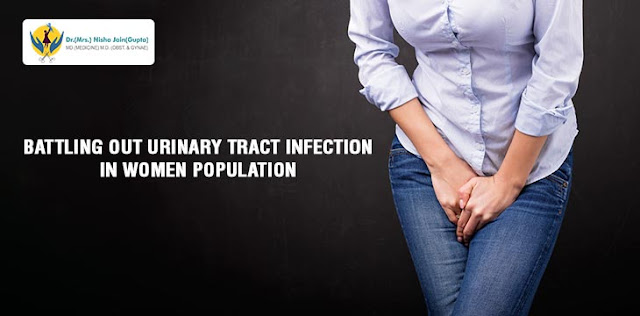The Factors Impacting High Risk Pregnancies
Possessing a baby is a truly valuable and fulfilling experience for a woman but all reproductions are not very stable. Many cases have complications with mother, baby or both and are introduced as high-risk pregnancies. They demand management by qualified IVF specialist or Gynecological experts at a well-equipped hospital for safe delivery. It can be classified as-
- Pre-existing factors
- Pregnancy-specific factors
- Factors complicated by pregnancy
Pre-Existing factors is obvious in teenage mothers or mothers over 35 years. In certain conditions, there may be mothers with high BP, cardiac disease, diabetic or suffering from kidney related problem, autoimmune disease, anemia, hormonal disorder, obesity, epilepsy, infections, etc which can develop complexities. Even females who smoke a lot, consume alcohol or have drug use.
Pregnancy-Specific factors are also a major cause of high-risk pregnancy. It includes conditions like Preeclampsia which is a multi organ syndrome in which mom can abruptly develop high BP, urinary protein and swelling of the body. It is very dangerous and needs admission and institutional delivery for optimal results.
Gestational diabetes is another pregnancy specific factor where there is a disorder of blood sugar in pregnancy and it usually gets resolved after the delivery procedure. Other factors which can impact during pregnancy include multiple pregnancies, preterm labor, previous LSCS, bad obstetric history, IUGR, Rh negative, a previous baby with the hereditary disorder, etc.
How To Fight Out With High-Risk Pregnancy?
It commences with the very first step called Pre-conceptional counseling wherein you meet your doctor before getting pregnant. This is necessary to identify and treat certain ailments. Herein the doctor will take a note of customary history, do desired physical inspection and carry certain tests.
Several problems like high BP, misplaced sugars, anemia, infections, a thyroid problem can be diagnosed and treated at this stage. Looking at the diseased condition the doctor may suggest Folic acid supplements which are started to check many nervous system disorders in the fetus.
Dietary counseling for proper nutrition and weight management also has a vital impact. There are many situations wherein Genetic counseling could be needed.
Regular Antenatal Interest
Many complexities can be avoided with regular care when we talk about advanced care of a pregnant woman. You should take all the medicines always, prepare and do not miss your meeting with the physician. All experiments should be done on time because certain tests are done as per the gestational age of the fetus. You can report any new and alarming indication to the doctor. Make sure that you are following a healthy diet as recommended, avoid undesirable weight gain and do the desired exercise.
Recommended Test
Some special Tests recommended during high delivery risk may include Anomaly scan technique which utilizes sound waves to detect any structural irregularity in the fetus. Even Amniocentesis is done wherein the sample of amniotic fluid is taken from the uterus after 16 weeks to detect genetic defects in the baby. Cordocentesis is another set of test wherein umbilical blood sampling is done after 18 weeks to look for fetal complications.
Reference
Although high-risk pregnancy is frightening for both the family and the doctor, with a multidisciplinary approach but with holistic and individualized treatment good results are achievable. So if someone is looking to get delivered and is more than 35 years or more, you can get the best female infertility treatment in Delhi at Dr Nisha Jain Clinic.




Comments
Post a Comment